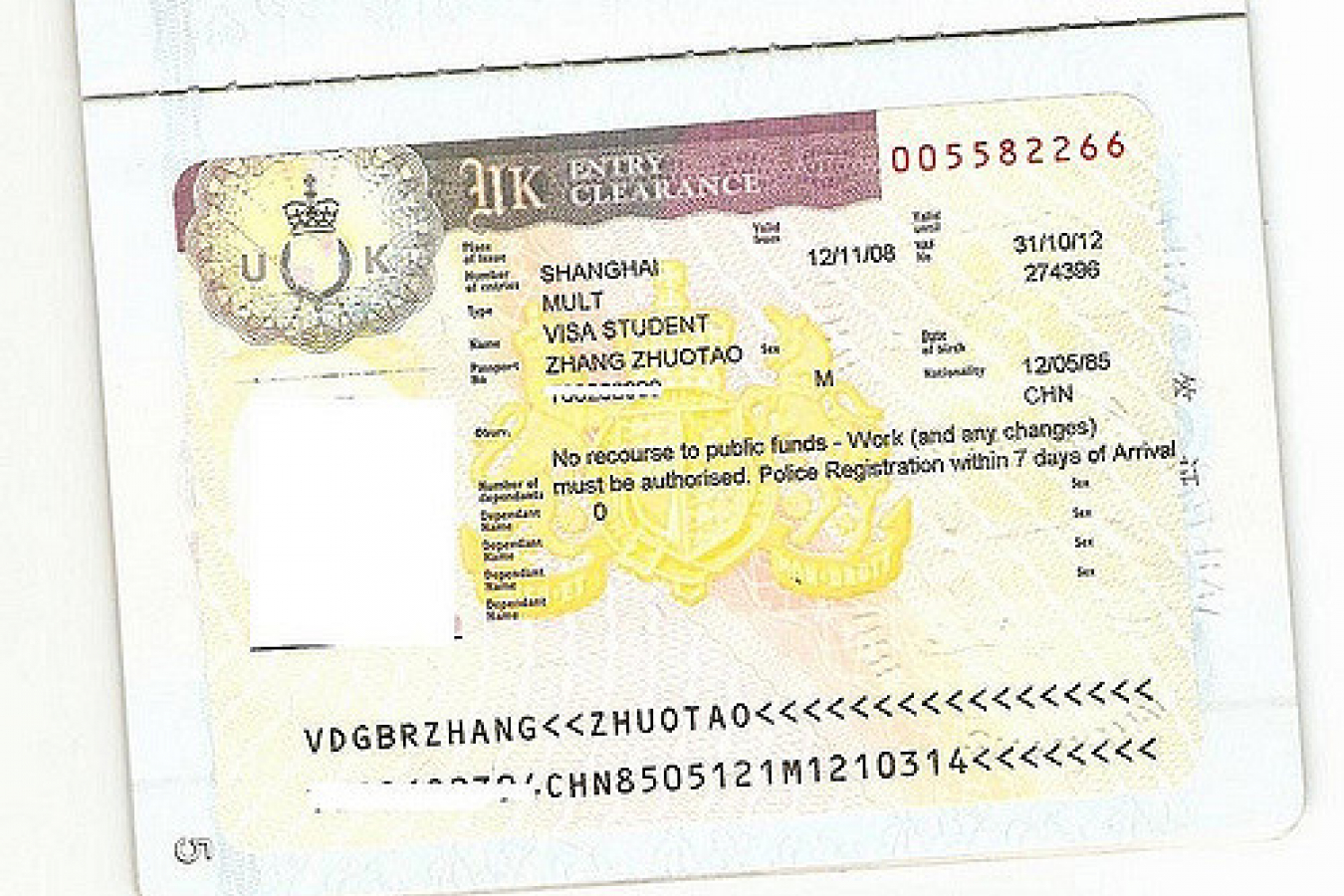Support migrant centric journalism today and donate

Sanwar Ali workpermit.com comment
The UK visa changes contains some good news and some bad news. It is now easier for tier 2 visa holders to gain indefinite leave to remain. Previously many tier 2 visa holders who experienced significant delays in obtaining a new job and new tier 2 visa during the five year qualifying period for indefinite leave to remain (ILR) no longer met the requirements for ILR.
Tier 4 students can now apply for tier 2 visas after completing their degree. They do not have to wait for their results. At the same time there have been immigration changes that have made things more difficult for migrants. Overall the UK visa system remains difficult, expensive and overly complicated.
A series of UK visa changes will be effective from 11 January, 2018. The Home Office’s UK Visa and Immigration department announced the changes on 7 December, 2017, affecting the following UK immigration rules and visa categories:
Tier 1 Entrepreneur Visa
The criteria for the Tier 1 Entrepreneur Visa have not been changed, but guidance notes have been clarified and expanded. For instance, new guidance notes state that the ‘recycling of funds’ will no longer be permitted. Applicants can no longer use funds already used by another tier 1 entrepreneur applicant, funds in their own business or funds from family members.
Details on documentary evidence have also been expanded, while the rules concerning the creation of jobs for domestic workers have been updated for further clarification. If you want to make a fresh application for a Tier 1 Entrepreneur Visa, or extend an existing visa, contact Workpermit.com for assistance with meeting the newly-published requirements.
Tier 1 Exceptional Talent Visa
Coinciding with changes announced in the 2017 Autumn Budget, annual Tier 1 Exceptional Talent Visa allocation numbers will be doubled from 1,000 to 2,000. The extra 1,000 visas will be set aside in an unallocated pool and issued on a first-come, first served basis.
Exceptional talent visa holders may be eligible for accelerated indefinite leave to remain (ILR) after three years, rather than the usual five years.
Tier 2 Visa Resident Labour Market Test
New exemptions have been introduced to the Resident Labour Market Test (RLMT) for researcher and reader posts, in a move welcomed by the UK’s higher education sector. Job posts occupied by sponsored research team members or researchers in receipt of supernumerary research Awards and Fellowships, will no longer be subject to the RLMT.
Indefinite Leave to Remain for Tier 2 Visa Holders
Before the recent changes, tier 2 visa holders with more than a 60 day gap between job roles prevented Tier 2 Visa holders from meeting the criteria to apply for indefinite leave to remain ILR after five years.
However, under the new rules, Tier 2 Visa holders with more than 60 days between Tier 2 job roles may still be eligible for ILR when they have served five-continuous years of employment.
Switching from a Tier 4 Visa to a Tier 2 Visa
Tier 4 (General) Visa holders on non-PhD courses will be permitted to switch to a Tier 2 Visa upon completion of their course instead of having to wait for their degree results. Under old rules, students had to wait until they had received their final results. This is especially beneficial for Master’s degree students who are often forced to wait months to receive their course results.
Tier 2 (General) Visa
Tier 2 Visa guidance notes have been updated to clarify that an applicant’s Tier 2 (General) Visa employment start date cannot be put back by more than 28 days, after leave has been granted, or by more than 28 days once the start date on a Certificate of Sponsorship has become active, whichever is the later.
Family members of Points Based System (PBS) Migrants
Points Based System migrants lodging an application for ILR are prohibited from leaving Britain for more than 180 days in any 12 months during the qualifying period. Under previous rules, PBS dependents were not subject to this legislation.
However, following the recent changes, the 180-day rule has been extended to dependent partners (spouses, civil partners and unmarried partners) of those in the UK under the PBS, including Tier 1 and Tier 2 Visa holders. This change is applicable to partners who are granted new periods of leave after 11 January, 2018.
Effectively, what this means is that any absences from the UK before 11 January, 2018 will not be subject to the new rule, but absences after this date will be. Meanwhile, dependent family members filing an application after 11 January, 2018 will be required to prove that their relationship to the main applicant is not only ‘active’, but genuine.
UK Visit Visas
Effective 11 January, 2018 visitors to the UK who possess a standard marriage or civil partnership visit visa will be permitted to enter the country without the need to obtain a separate transit visa.
Visit visa guidance notes have been updated to clarify that visitors to the UK are prohibited from studying at an academy or a school operated by a Local Authority.
Electronic Entry Clearance Visa
Apart from the new rule changes, the Government plans to pilot a new initiative to grant UK entry clearance – for visas obtained outside Britain – in an electronic format, rather than the traditional passport stamp.
Upon entering the UK, those with entry clearance will hand their passport to an Immigration Officer who can check a person’s immigration status electronically. As is now the case, once in the UK, Biometric Residence Permits (BRP) can be collected.
Once this change is rolled out full-scale, it’s unlikely that employers will be able to carry out a ‘right to work’ check before an employee comes into possession of their BRP.
Contact WorkPermit.com with your questions
If you have questions about how the latest UK immigration rule changes affect you, contact Workpermit.com on +44 (0)344 991 9222 or email london@workpermit.com
Workpermit.com has been in the visa services business for nearly 30 years, helping thousands of people to live and work in the UK.





















